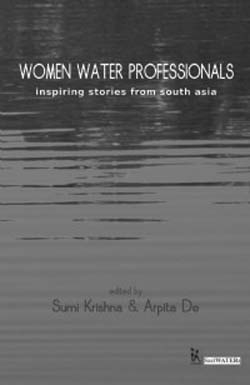The central role of women in the provision, management and safeguarding of water was recognized in 1992 itself with the adoption of the Dublin principles at the International Conference on Water and the Environment held in Dublin but the attempts at mainstreaming gender into water management initiatives have received very limited success. Dominated by a masculinized discourse and patriarchal practices, women face continuing discrimination and exclusion in the everyday practices in water management programmes and policies. They are often under-represented in this field and their role is largely restricted to community-based and domestic-level management programmes. The visibility of their participation at all the levels of water programmes, especially in decision making, project design and policy implementation is very rare.
February 2014, volume 38, No 2

